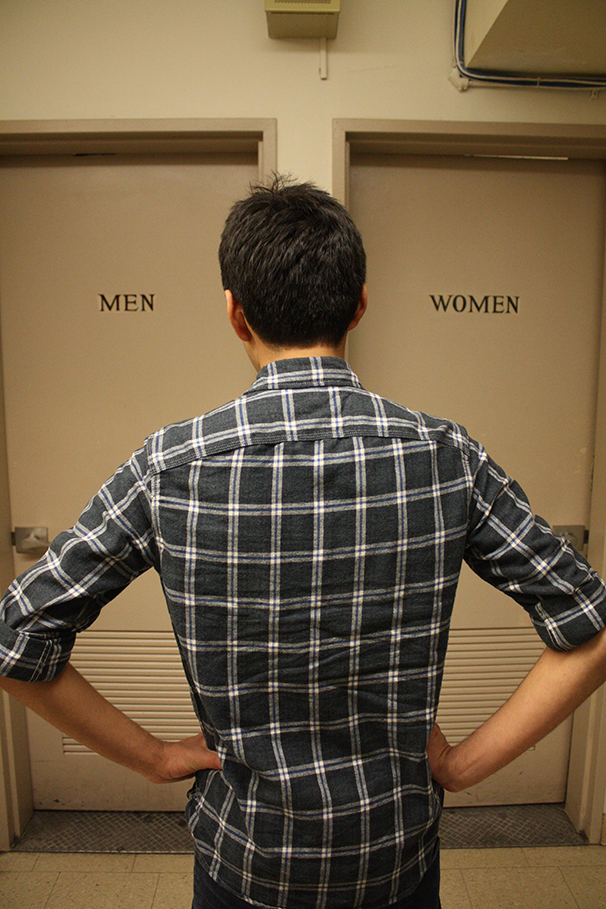
Social media giant Facebook announced its addition more than 50 new gender categories for users to identify themselves with this on Feb. 13. It also expanded pronoun choices from “him/his” and “her” to include “them/they.”
CAS sophomore Amy Peterson said this is a positive change for identity on social media.
“It’s important for people to use labels that best fit them and it’s important for social media to recognize that,” Peterson said.
Facebook made the change after working with LGBTQ advocacy organizations, such as GLAAD, reportedly in response to hearing that Facebook users wanted more gender options. No other social media sites currently permit users this variety in gender choices.
CAS sophomore Krystal Lawrence changed eir gender category from female to non-binary, which means one does not conform to male or female gender identification. Eir is Lawrence’s preferred gender pronoun. Before Facebook’s change, those who preferred to display the gender pronouns “they/them/their” had to go through a more complicated process.
“Before the expansion, I had my gender unlisted and was using a third-party extension to make Facebook refer to me as they/them/their,” Lawrence said. “After the expansion, I have my gender listing set as non-binary and my pronouns as they/them/their for ‘the public’ to see.”
Lawrence also said revealing correct gender identity on Facebook gave eir a sense of empowerment and made eir ecstatic.
“I want to be out and stuff about my gender, but in day to day things, I’m usually too shy to share or correct for my pronouns,” Lawrence said. “The integration of genders other than male and female in Facebook itself encouraged me to display it proudly again, just like how any other person, cis or trans, would want to clarify their gender.”
While some praised Facebook’s move, others, like Gallatin sophomore Holden Compton, said improvements still need to be made regarding gender identity on social media.
“I think that the options are incomplete, given that you can only choose from their list of 50, I believe, labels and can’t input your own, though I understand that restriction probably exists to prevent people inputting offensive words, slurs, profanity, et cetera,” Compton said. “The list is still restrictive. Plus, there are still only three pronoun sets when people use many, many more.”
Multiple on-campus organizations such as SHADES, for LGBTQ students of color and allies, and T-Party, for transgender and non-conforming students and allies, continue to fight for equal representation of the LGBTQ community in public spaces.
Tisch sophomore and co-leader of SHADES Mars Marson thinks that Facebook’s change, while necessary and important, should have been taken sooner.
“Recently I’ve seen so many news reports about transgender women being assaulted and murdered,” Marson said. “One cause of transphobia is ignorance. A cause of ignorance is lack of representation. Having options for your gender and pronouns on Facebook lets its 500 million users know that trans people exist.”
Anjana Sreedhar is a staff writer. Email her at [email protected].





















































































































































